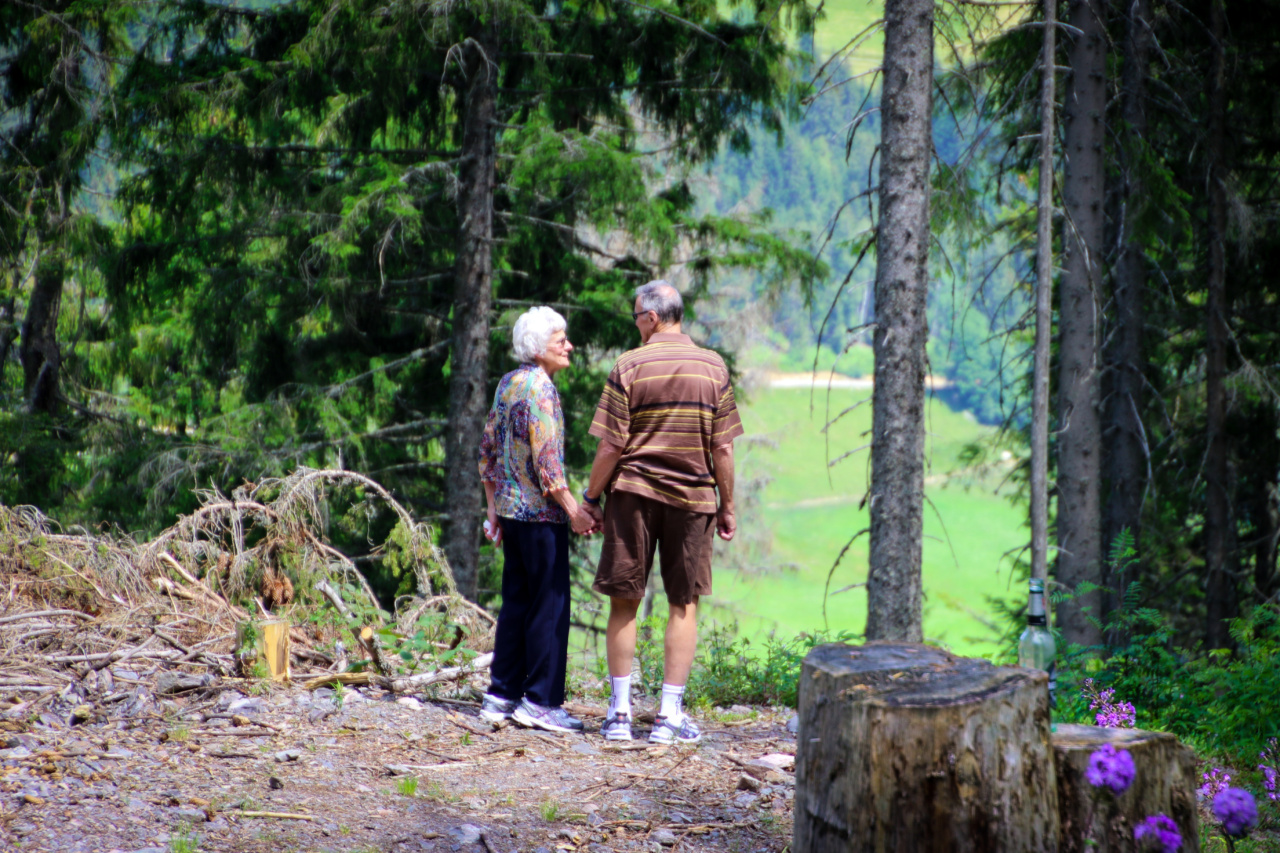Natural disasters can impact people of all ages, but older adults are often particularly vulnerable.
While physical injuries are the most obvious risk during and after a natural disaster, research has also shown a link between natural disasters and dementia in older adults. This article explores the connection between natural disasters and dementia and offers suggestions for how to reduce risk.
What is Dementia?
Dementia is a blanket term that refers to a decline in cognitive functioning, which includes memory, language, perception, and reasoning.
It’s a progressive condition that worsens over time and affects a person’s ability to carry out daily activities. Dementia is not a specific disease but rather a category of symptoms that can be caused by a variety of underlying conditions.
Natural Disasters and Dementia
Natural disasters like hurricanes, floods, wildfires, and earthquakes can disrupt the lives of older adults in numerous ways.
Studies have found that acute stress caused by natural disasters can have negative long-term effects on cognitive functioning in older adults, particularly regarding memory and executive functioning. This may explain why natural disasters such as Hurricane Katrina and the Fukushima earthquake and tsunami have been linked to an increased incidence of dementia in older adults living in affected areas.
Stress as a Factor in Dementia
Stress is a fact of life, and while moderate levels of stress can be beneficial, chronic or intense stress can be harmful to both physical and mental health.
Prolonged exposure to stress can trigger the release of cortisol, a hormone associated with the stress response, and high levels of cortisol are associated with decreased brain function. A study by the Alzheimer’s Association found that caregivers of individuals with Alzheimer’s disease often experience high levels of chronic stress, which can contribute to their own cognitive decline in the long term.
Physical Disruptions and Dementia
Physical disruptions such as the loss of a home, relocation, and the death of loved ones can be especially stressful for older adults, and can contribute to the onset or worsening of dementia.
In addition to the stress caused by physical disruptions from natural disasters, there’s also the stress of rebuilding, including navigating insurance claims, dealing with contractors, and finding temporary housing. All of these can take a heavy toll on an older adult’s cognitive function and may increase their risk of developing dementia.
Preventing Dementia After a Natural Disaster
While the risk of dementia does increase for older adults in the aftermath of a natural disaster, there are steps that can be taken to help minimize that risk. These include:.
1. Prioritize Mental Health
Mental health and emotional support should be prioritized following a natural disaster. For older adults, this can mean connecting with support groups or talking to a therapist to process emotions related to the natural disaster and its aftermath.
Staying connected with loved ones can also help to combat feelings of isolation and loneliness.
2. Maintain Daily Routines
Re-establishing daily routines as soon as possible after a natural disaster can help maintain a sense of stability and routine.
This can include maintaining regular meal and sleep schedules, doing light exercise, and engaging in activities that provide a sense of purpose and fulfillment. Activities such as volunteering or gardening can help combat stress while also promoting social interaction and physical activity.
3. Connect with Services and Resources
After a natural disaster, older adults may need additional support and resources to help them meet their daily needs. This can include connecting them with meal delivery services, transportation assistance, and home health care providers.
Assistance with navigating insurance claims and accessing resources and assistance programs can also help reduce stress and cognitive overload.
4. Develop a Disaster Plan
It’s important for older adults and their caregivers to develop a disaster plan that outlines what to do in the event of a natural disaster.
This can include packing emergency supplies, identifying a safe place to go during a natural disaster, and ensuring that important documents are kept safe and accessible. Having a plan can reduce stress and help older adults feel more in control in the event of a disaster.
Conclusion
Natural disasters can have a profound impact on the cognitive function of older adults, and the risk of developing dementia can increase in the aftermath of a disaster.
However, by prioritizing mental health, maintaining daily routines, connecting with services and resources, and developing a disaster plan, older adults can reduce their risk of developing dementia and better cope with the effects of a natural disaster.






























